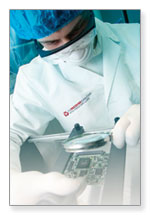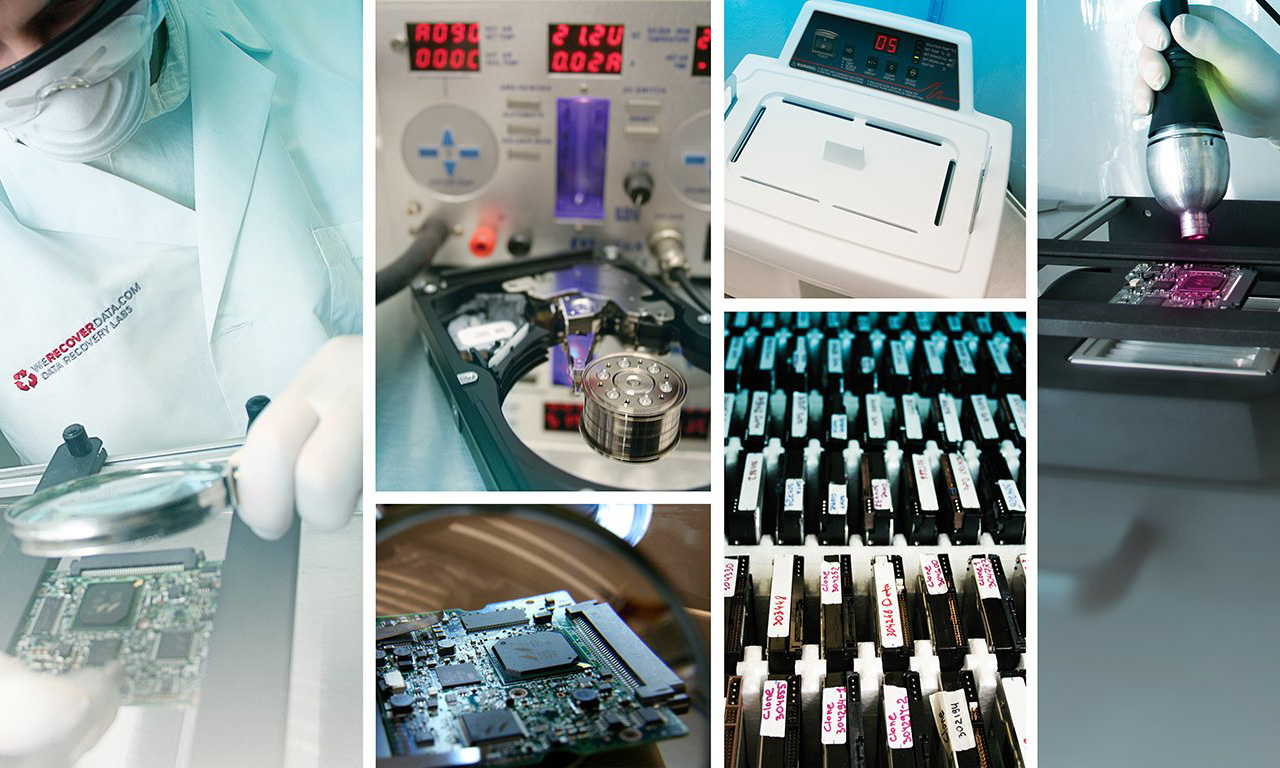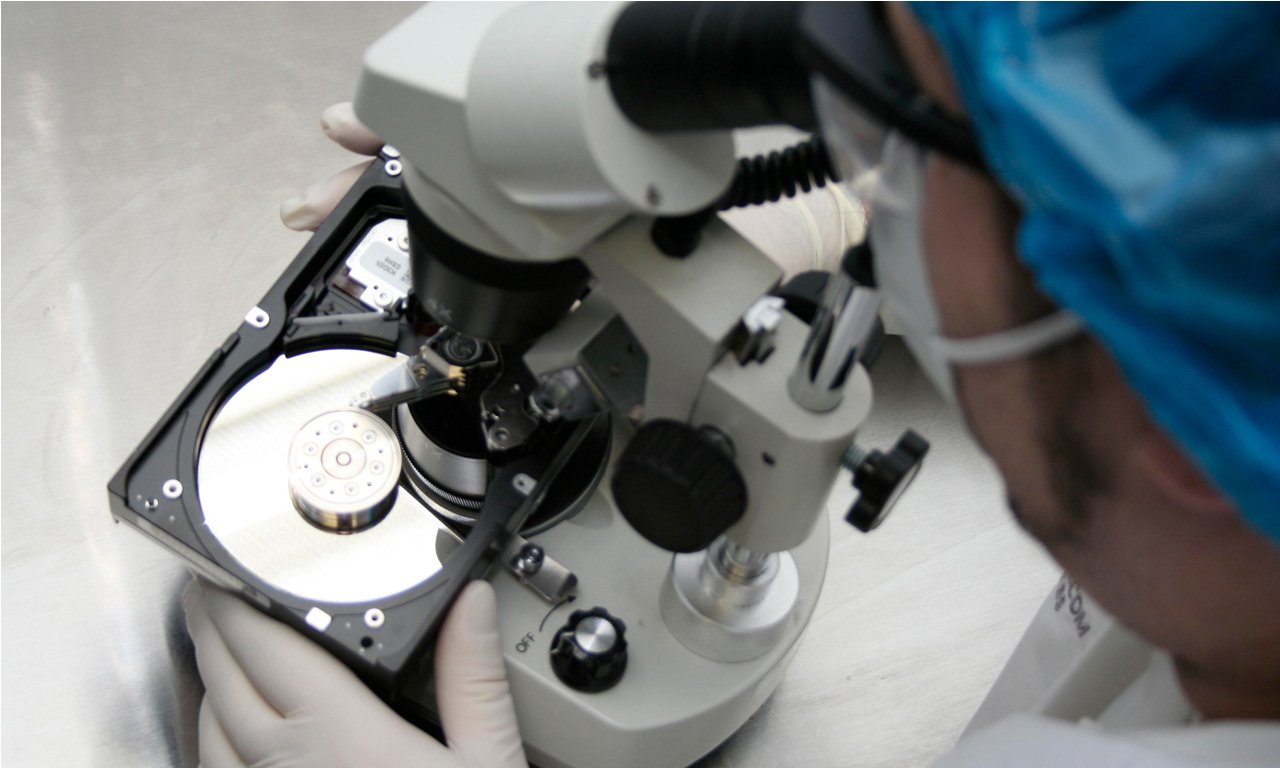“I just had the opportunity to speak with and thank WeRecoverData.com for their very prompt and professional work in support of the Shuttle Program.” Jay.

“All our data is fully restored, and we’re back to normal. Thanks so much for saving our business!” (Had physically damaged RAID)” Simon Hinkler, Vidipax, Manhattan, NYC

“Thank you providing excellent data recovery nyc service to our organization at UNICEF. We lost very important data. Thank you for quick and efficient service.” Karabi Hart, UNICEF, Manhattan, NY

“I am extremely pleased with the services from WeRecoverData.com. They were able to successfully recover data after the physical failure of a Windows drive. I had the data back on a new drive within days. Thanks!” David Warden, Novell, Inc.

“I just wanted to write to tell you what a great job you and your technicians did to restore all of the data that I feared had been lost on my hard drive. Not only were you all so professional, but you did a bang-up job. I thank you again!” Gersh Kuntzman, NY Post, Manhattan, NYC

Home and Personal
Data Recovery for
Home, Personal and private individuals
Business and Enterprise
Data Recovery for
Business and Enterprise
Operations, Archive and Time-Sensitive
Mission-Critical Data Recovery
Healthcare

Data Recovery for
Healthcare Organizations
Secure handling and protection of patient data
Government

WeRecoverData.com for Government Agencies GSA Schedule Contract #GS-35F-0518 Cage Code: 4DQ04














